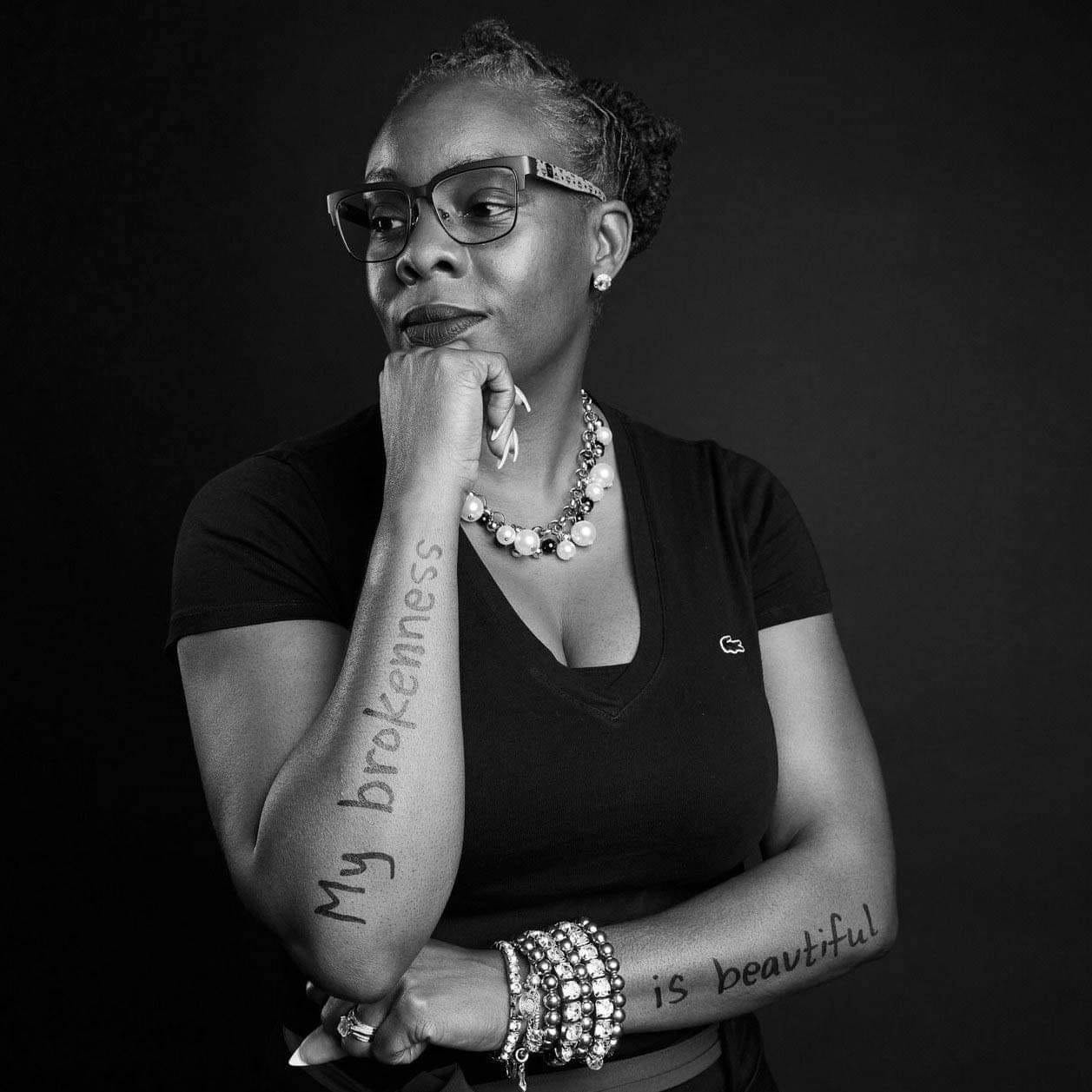Anchored in Uncertainty: How to Stay Grounded When the Path Isn’t Clear
By Pamela Meredith Hamilton
We all know what it’s like to feel adrift—whether personally, professionally, or both. There are moments when the pace picks up, the plan shifts, or the next step feels murky. Uncertainty has a way of pulling at our sense of stability, even when we’ve weathered change before. In these moments, traditional advice to “push through” can feel hollow. What we often need isn’t more grit—it’s grounding. When the path ahead feels unclear, anchoring offers a way to stay connected to what steadies us, even when we can’t control the circumstances.
What Is Anchoring—and Why It Matters Now
Anchoring is the practice of returning to the people, practices, and values that help us feel safe, seen, and steady—especially when life feels chaotic or unresolved.
It doesn’t deny difficulty. It acknowledges: This is hard, and I’m still here. This is unclear, and I still have something to hold onto.
Anchoring helps us:
Pause the spiral of “what ifs”
Reconnect to core values
Create calm in the midst of change
Redefining Resilience in Uncertain Times
We’re often told resilience means bouncing back quickly. But sometimes, the strongest thing we can do is not rush forward. Resilience isn’t about speed. It’s about steadiness.
Anchoring helps shift the goal from control to clarity. From bracing to breathing.
Recognizing Bracing Behaviors
In uncertainty, we often brace:
Mentally rehearsing worst-case scenarios
Delaying decisions out of fear
Avoiding emotions to stay “professional”
Disengaging while staying constantly busy
These are survival responses—and they're common. But they keep us stuck. Anchoring offers a more sustainable way forward.
How to Anchor in the Present
Ask yourself:
What reminds me that I’m safe right now?
Who helps me feel like myself when I’m unsure?
What value or truth can I return to today?
You don’t need a five-year plan. You need one solid thing that helps you feel rooted in this moment.
Finding—and Returning to—Your Anchors
Anchors can be:
A friend who listens without trying to fix
A daily routine (yes, even your morning coffee)
A personal value like integrity or compassion
A truth like: I’ve been through hard things before
A boundary that protects your peace
Anchors don’t eliminate uncertainty. They remind you that you have a place to stand within it.
Leading and Living from an Anchored Place
Whether you’re guiding a team or simply getting through the week, anchoring allows you to:
Model steadiness instead of panic
Stay aligned with your values
Make clear decisions, even when the future is blurry
A Few Anchoring Practices to Try Today
Ask: What do I know for sure right now?
Name what’s uncertain—and what is still true
Take a few deep breaths before reacting
Keep a photo, phrase, or object nearby that calms you
Reach out to someone who reminds you who you are
Support others by asking: What do you need to feel steady today?
Drift Happens—But So Does Grounding
Uncertainty is inevitable. But how we move through it—that’s where our power lies.
Anchoring reminds us: steadiness isn’t something we force. It’s something we return to.
So instead of pushing through, ask yourself:
What holds me steady?
What am I allowed to loosen?
Where can I soften instead of brace?
Because anchored people don’t just survive change. They lead themselves—gently, wisely—through it.
Contact FEAP
FEAP (8am-5pm M-F): 434-243-2643 (uvafeap.com)
FEAP After-Hours Support: 434-243-2643
Thanks for reading FEAP’s Substack! Subscribe for free to receive new posts and support our work.
About the Author
Pamela Meredith Hamilton
Pamela specializes in marriage and family education, blending her passion for healthy relationships with practical and creative coaching methods. Her personal and professional experiences in community mental health inform her work, helping her address the impacts of mental illness, substance abuse, and trauma. Pamela is dedicated to encouraging, restoring, and empowering individuals. She is also a qualified mental health professional, author, storyteller, life and relationship coach, motivational speaker, small group facilitator, Emotional Emancipation Facilitator, mental health first aider, Mediator, and former host of The Hamilton Exchange Radio.






